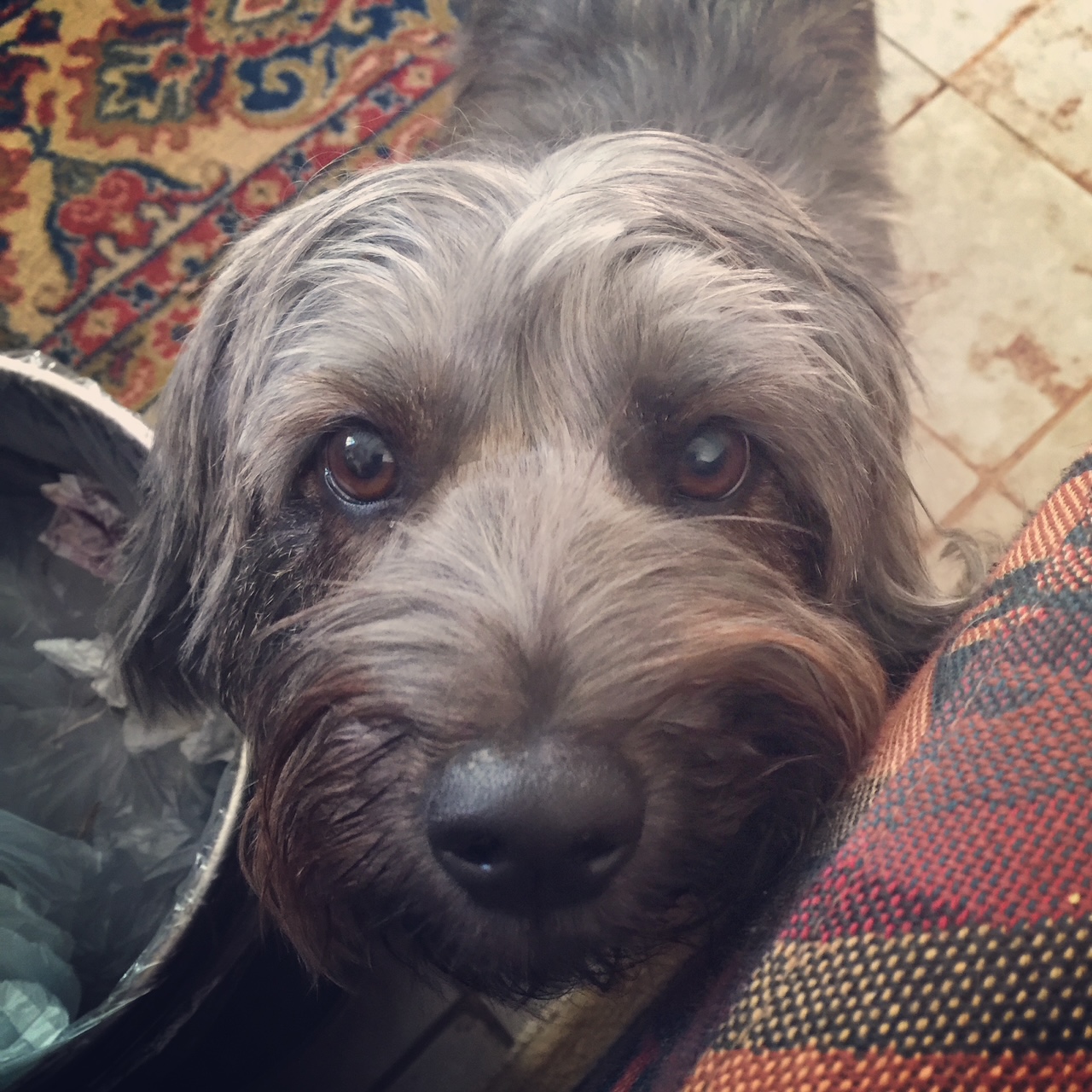
Prince Saud al-Faisal (AFP photo)
This column appeared in Arab News on July 12, 2015:
By Rasheed Abou-Alsamh
In this increasingly chaotic part of the world, with Daesh expanding in Syria and Iraq, a civil war that has ravaged Syria for more than four years now, and a relatively new one in Yemen, the Middle East is passing through some of its most turbulent times.
The death of former Saudi Foreign Minister Prince Saud Al-Faisal on Thursday at the age of 75 in Los Angeles has hit all of us hard both because we will sorely miss the superb diplomat that he was, always pushing discreetly for Saudi Arabia’s strategic interests, but also because it marks the end of an era and the continuation of uncertain times that all Arab states face following the upheavals of the Arab Spring revolutions.
“After almost 40 years in service, Prince Saud Al-Faisal will be remembered as the key architect of Saudi diplomacy whose relentless efforts have ensured the protection of Saudi interests,” said Christian Koch, director of the Gulf Research Center to Al-Jazeera.
As foreign minister, Prince Saud was involved in helping resolve many regional conflicts in the Middle East, from the civil war in Lebanon to the Iran-Iraq War in 1988 when he flew to the United Nations in New York and phoned Saddam Hussein, convincing him to call an end to the eight-year war that killed hundreds of thousands on both sides. But he also faced many failures which were very frustrating, none more so that the Palestinian-Israeli conflict. He admitted publicly that this was his greatest disappointment. “All the neighborhood, if you will, will be at peace with Israel, will recognize their right to exist. If this doesn’t provide security of Israel, I assure you the muzzle of a gun is not going to provide that security,” Prince Saud said in 2002.
Prince Saud’s other big worry was the American invasion of Iraq in 2003 following the Sept. 11, 2001 attacks on New York and Washington by Al-Qaeda terrorists, 15 of whom were Saudis. He warned that it would produce many more problems than it would solve, and he was sadly right. Saddam Hussein, a bloody tyrant that had kept his country together for two decades, was overthrown and later executed, and the Shiites, once subjugated, were now in power. But they sought revenge against the Sunnis, and the neighboring Iranians poured in to help their Shiite brothers. With this messy situation, we saw the rise of militias and the ripping apart of Iraq, something the Americans were never able to handle. From all of this chaos has risen the terrorist group Daesh that so torments us in Syria, Iraq, Libya, Egypt, Yemen and here at home in the Kingdom with their bloody attacks that kill innocent Muslims.
“If change of regime comes with the destruction of Iraq, then you are solving one problem and creating five more problems,” Prince Saud told a British television program. How right he was.
But Prince Saud should also be remembered for creating a modern Saudi diplomatic service that is something to be proud of today. We have come a long way from our first diplomatic representative at the United Nations. Today we have career diplomats, both men and women, who rise through the ranks by working at our diplomatic missions around the world helping Saudi citizens abroad and promoting and defending the interests of our nation.
One of the ways that the Kingdom has been able to do so has been through helping local Muslim communities around the world. Saudi embassies have been helping build mosques and bring in imams to run the mosques since the 1970s, working with the Ministry of Islamic Affairs and the Muslim World League. Here in Brazil, the Saudi Embassy has been responsible for helping build many mosques in several Brazilian cities, and for hiring imams. Prince Saud supported all of these efforts, which are a lynchpin of the Kingdom’s responsibilities as the home of Islam’s two holiest cities: Makkah and Madinah.
Prince Saud dedicated his life to public service and will always be remembered for that by Saudis and other Arabs. The younger generation of Arabs would do well to try and emulate some of his determination and calmness in getting things done.
That is the least they can do to try and keep his legacy alive.












Comments
Leave a comment